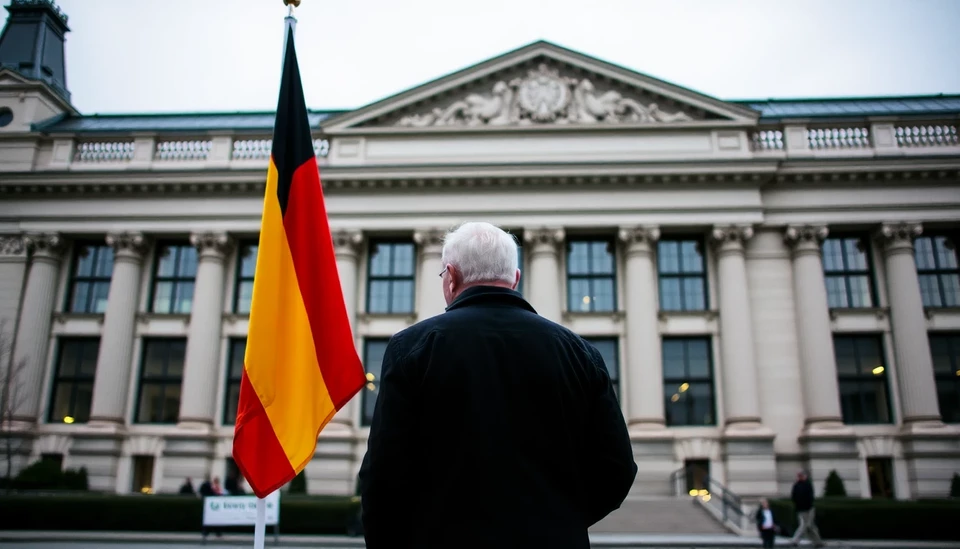
The latest reports indicate a significant decline in investor confidence in Germany, largely influenced by the ongoing chaos surrounding U.S. trade policies. According to new data, the outlook among German investors has dropped sharply, raising alarm bells for the economic landscape in Europe’s largest economy.
The latest survey conducted by the ZEW Institute revealed that investor sentiment fell dramatically this month, with the expectations index plummeting to levels that haven't been seen in several years. Experts attribute this downturn to fears surrounding US trade negotiations, particularly as ongoing friction between the United States and other trading partners leads to uncertainties that reverberate through global markets.
Many investors expressed concerns about the potential fallout from U.S. tariffs and trade restrictions, fearing that these measures could stifle economic growth not just in America, but across Europe as well. The interconnected nature of the global economy means that shifts in U.S. policy can have significant knock-on effects on European markets and industries.
Notably, the manufacturing sector in Germany, which has been a driving force behind the nation's economic prowess, is reportedly feeling the pressure. Many German manufacturers rely heavily on exports to the U.S., and uncertainties surrounding trade agreements have led to hesitancy in making future investments or hiring decisions. Analysts predict that if the situation continues without resolution, it could lead to a slowdown in economic activity in Germany and potentially throughout the Eurozone.
German officials have pointed to the need for a coordinated response to address these trade challenges. Policy makers are being urged to enhance dialogue with their U.S. counterparts to navigate through this tumultuous period effectively. The stakes are high, as the implications of a prolonged trade conflict could strain international relations and economic ties further.
As the situation continues to unfold, investors are advised to keep a close eye on developments in U.S. trade policy, as well as responses from European leaders and institutions. The current environment of uncertainty presents both challenges and potential opportunities for savvy investors who can adapt to the changing landscape.
The volatility in the markets reinforces the need for strategic planning and risk assessment, particularly for those heavily invested in sectors sensitive to trade dynamics. With the looming shadow of trade chaos from the U.S., the businesses and economy of Germany find themselves at a critical juncture.
As we look ahead, the direction of German investor sentiment will depend significantly on both domestic policy responses and the broader international trade environment. Close monitoring of these factors is essential for predicting how the landscape may shift in the months to come.
In conclusion, the plummeting investor outlook in Germany offers a poignant reminder of how interconnected and vulnerable global markets can be in the face of unilateral actions by powerful nations.
#GermanInvestorSentiment #USTradeChaos #ZEWInstitute #EconomicOutlook #GlobalMarkets #TradeUncertainty
Author: Laura Mitchell
